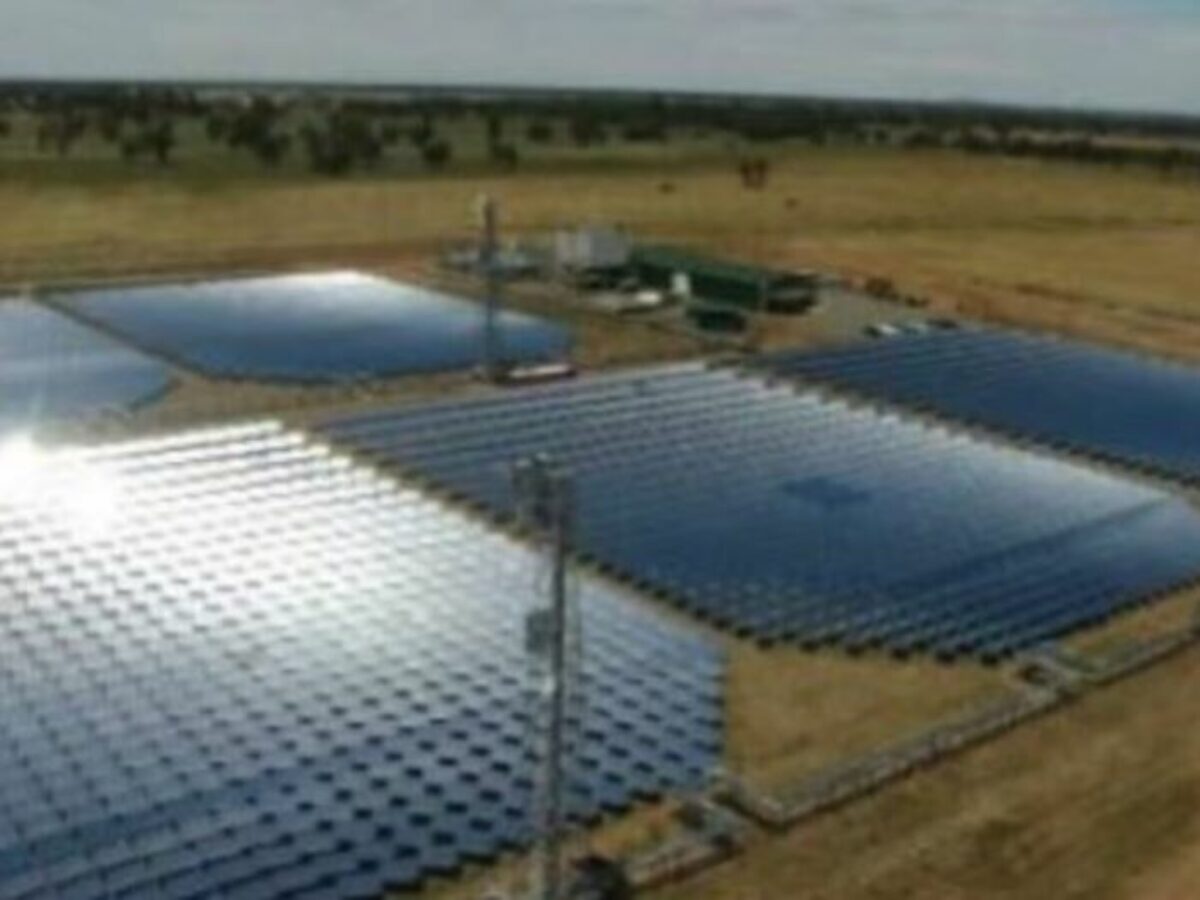Queensland deepens Australian green industry ties with Germany

A new $3 million collaborative research programme between the Queensland and German governments is building on German interest and investments in Australian green industrial projects,
The programme is Queensland’s first joint initiative with Germany on bioeconomy research and development, and is seen as a key action under a Joint Declaration of Intent for Cooperation in Bioeconomy, which was signed with the German Federal Ministry of Education and Research in May 2022.
Under the Queensland Trade and Investment Strategy 2022-2032, the Queensland government will provide $3 million over three years to support the new program, which will be matched by the German Government through its support of relevant German research partners.
Germany already has significant green industry ties with Australia, including in South Australia where concentrated solar thermal power (CSP) company Vast Solar, and the Solar Methanol Consortium have been selected to receive $19.48 million (EUR13.2 million) from an Australian-German collaboration fund, HyGATE, to develop a world-first green methanol demonstration plant, SM1 in Port Augusta in SA.
SM1 will produce up to 7,500 tonnes per annum of green methanol, partly-powered by dispatchable electricity and heat from VS1, Vast’s 30MW/288 MWh CSP project co-located with SM1 in Port Augusta, South Australia.
According to the Queensland government, partnering with Germany, a world leader in bioeconomy-related research and technology, will help develop new technology solutions to further the state’s global reputation and attract investment.
This first round of the programme will target three areas of the bioeconomy – developing new materials from sustainability sourced biomass, enhancing levels of sustainable agriculture, and reducing and reusing food waste.
The Minister for Environment and Science Leanne Linard said the Queensland Climate Action Plan 2030 provided a roadmap to address climate change and to help reach Queensland’s targets of at least 50 percent renewable energy by 2030 and net zero emissions by 2050.
Linard said: “Bioeconomy is an emerging model for government and business, with a greater focus on sustainably using renewable biological resources to produce food, energy, and industrial goods.
“This new program represents an exciting new step in Queensland’s relationship with Germany, where we are working together to provide solutions to some of world’s global challenges.”
The new programme gives Queensland a pathway to work with and learn from Germany and gives Queensland researchers greater access to experienced German innovators and investors.
A focus of research at The University of Queensland is the establishment of new technologies for the production of next generation biofuels from sustainably sourced feedstocks, such as food and industrial wastes, advanced materials from crop residues and native trees, and biohydrogen using algal systems.
Further reading:
Vast Solar gets Australia and German backing for methanol project
Picture: Vast Solar
@aumanufacturing Sections
Analysis and Commentary Awards casino reviews Defence Gambling Manufacturing News Online Casino Podcast Technology Videos





